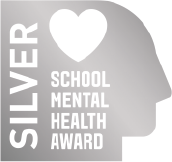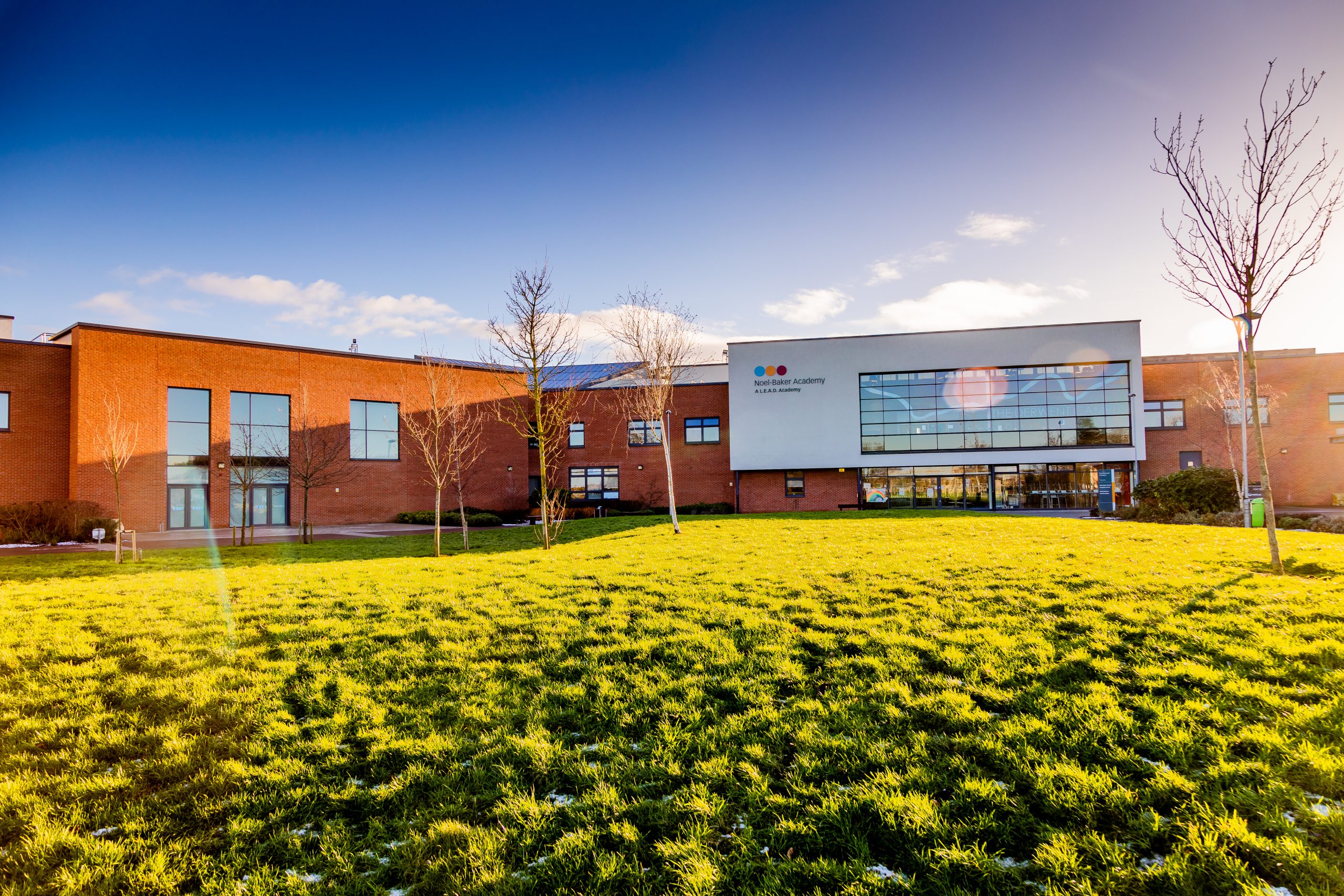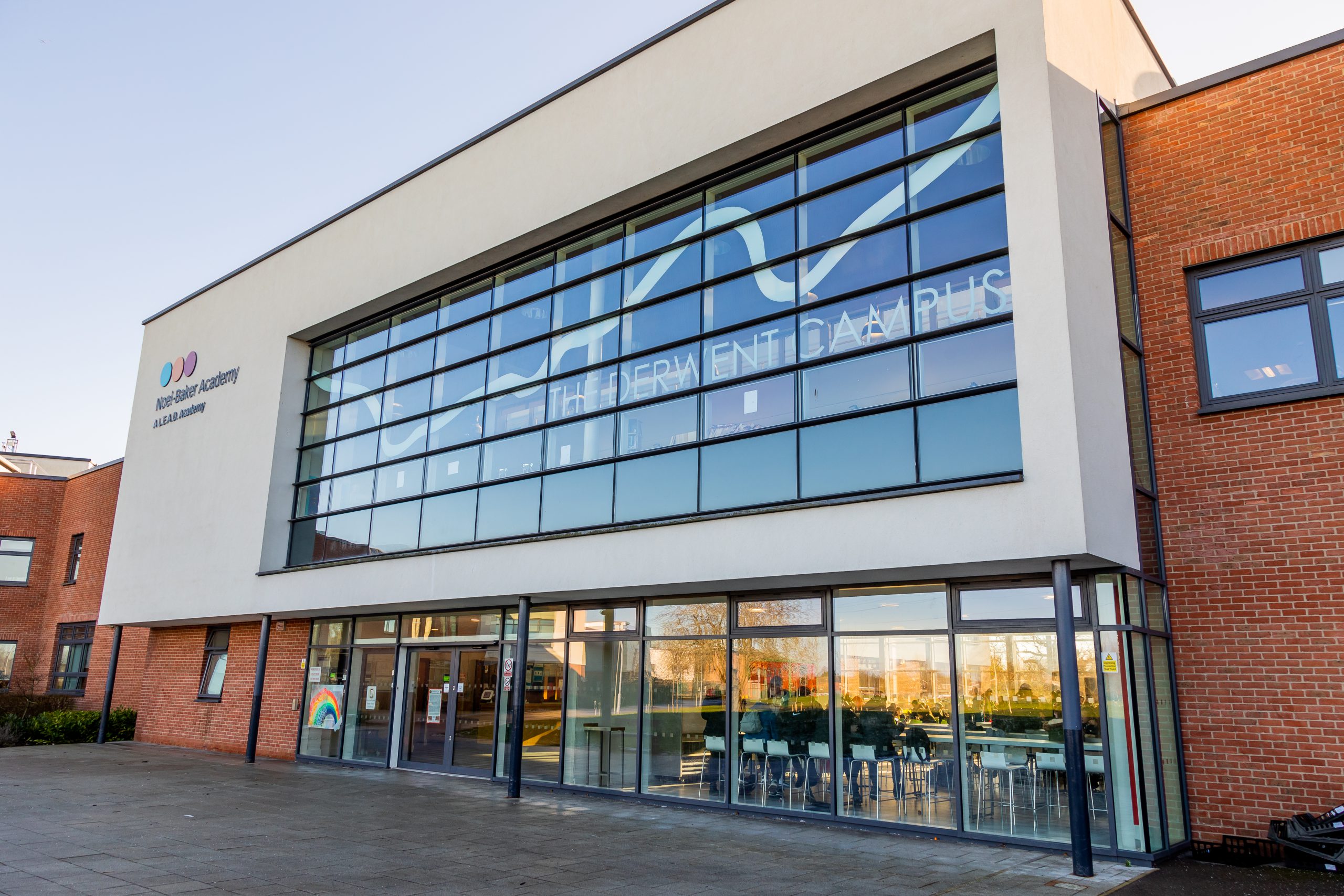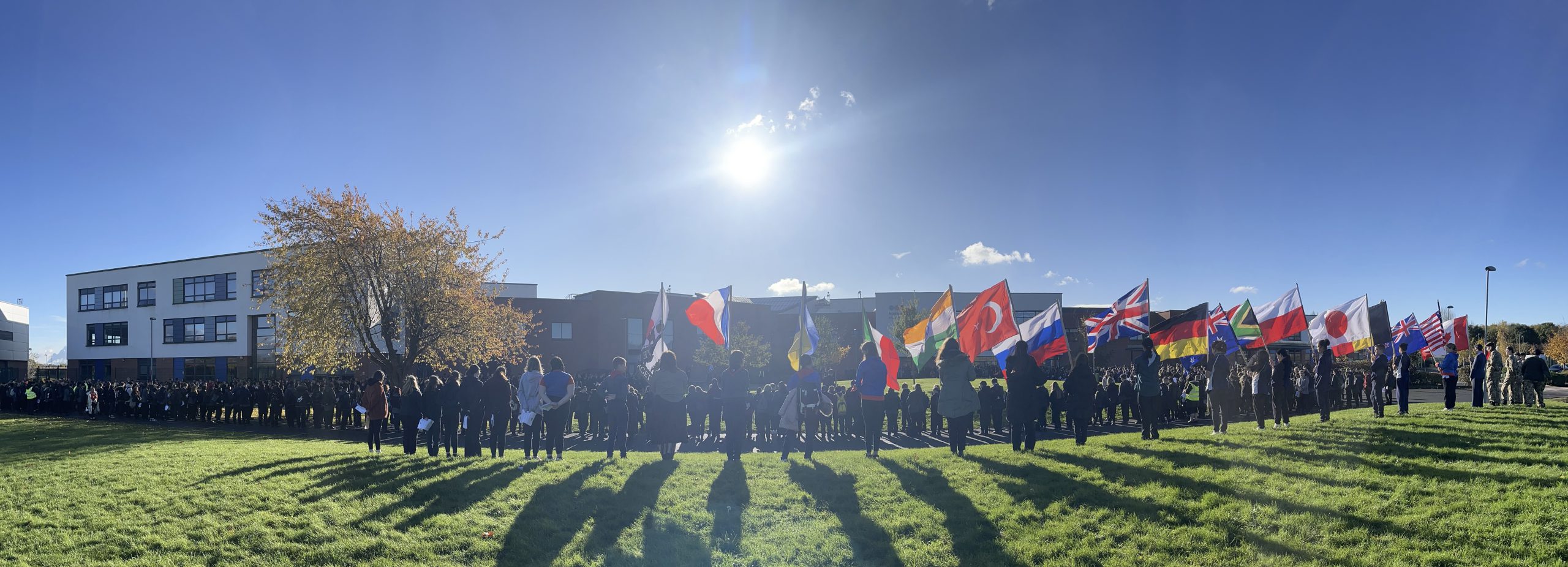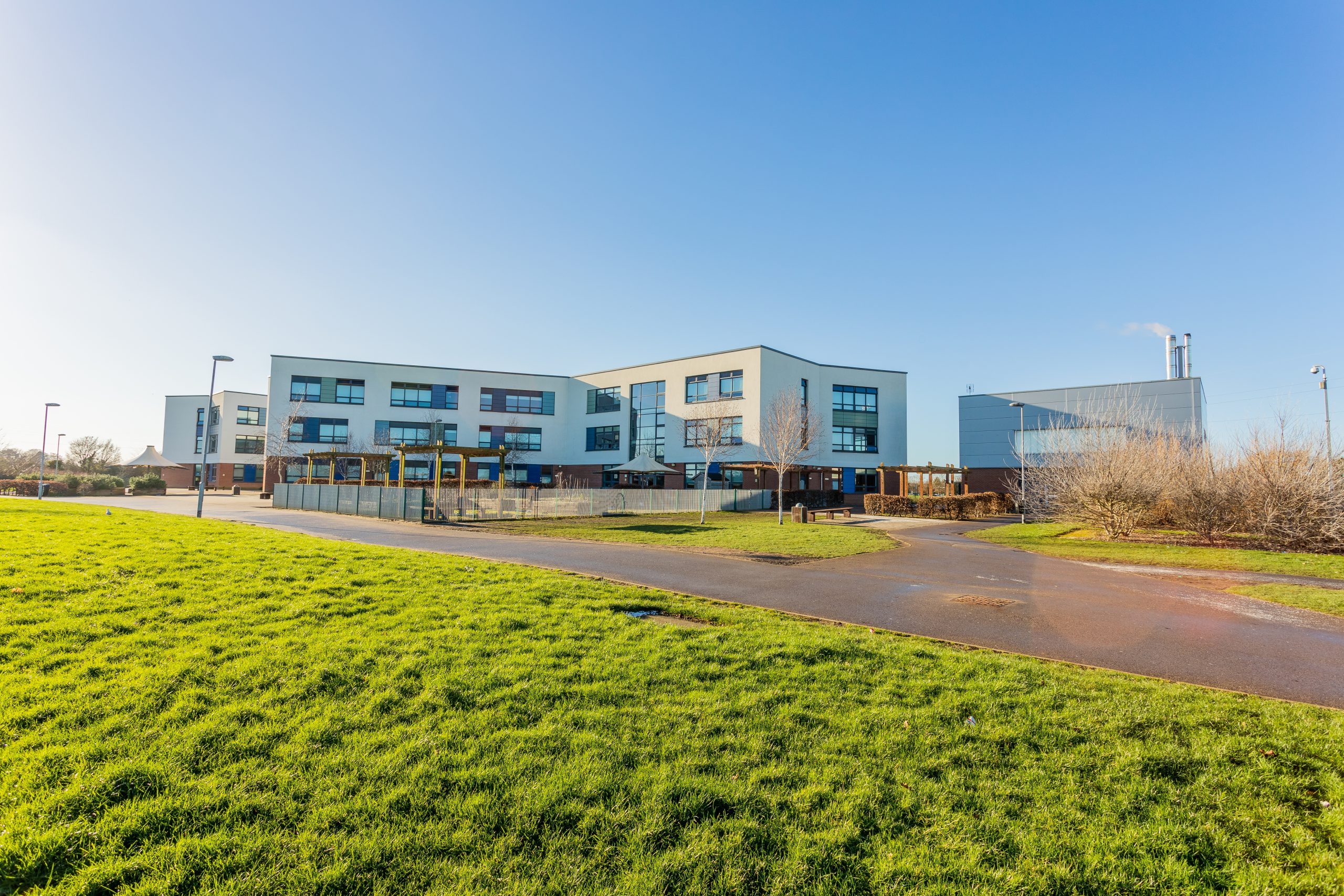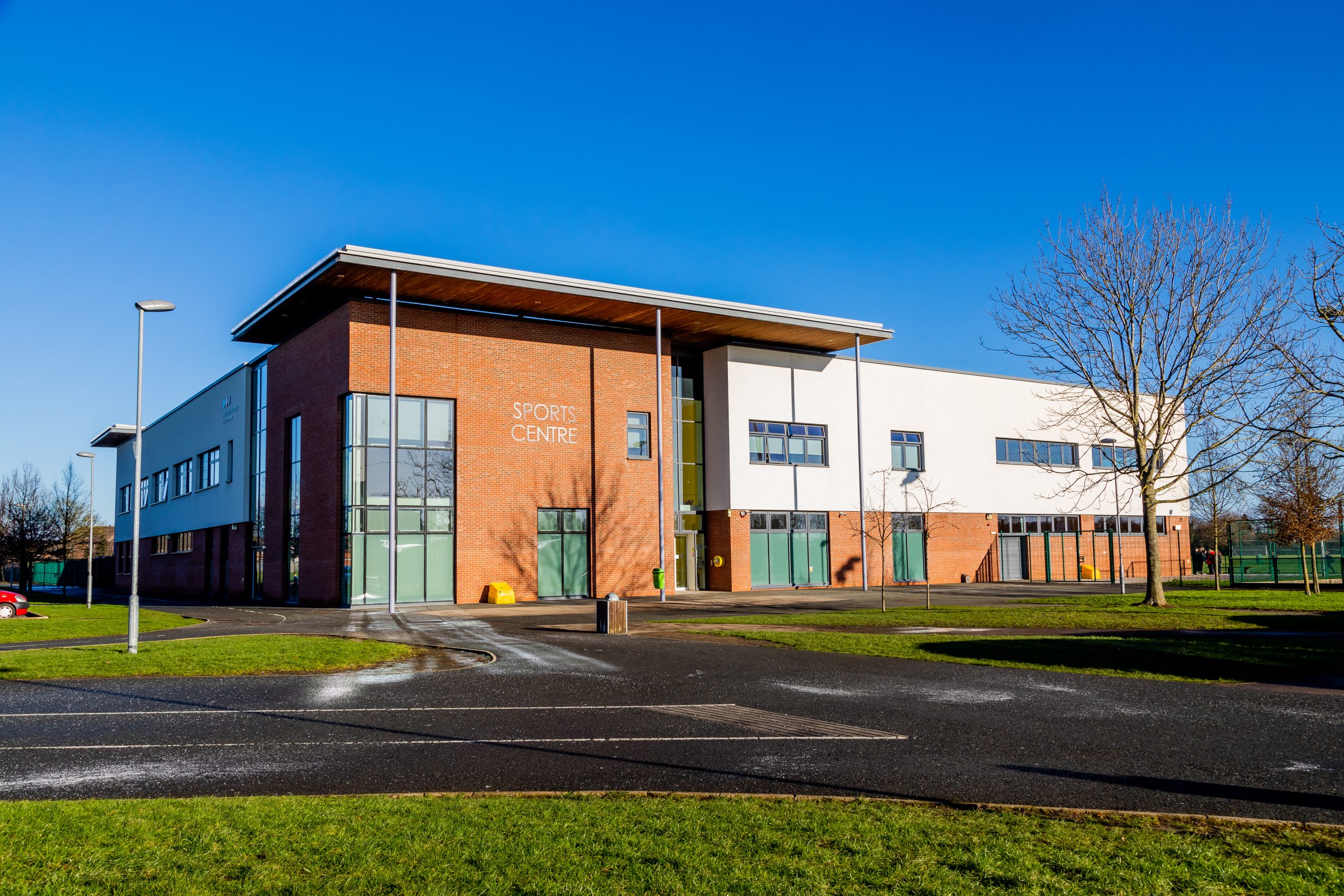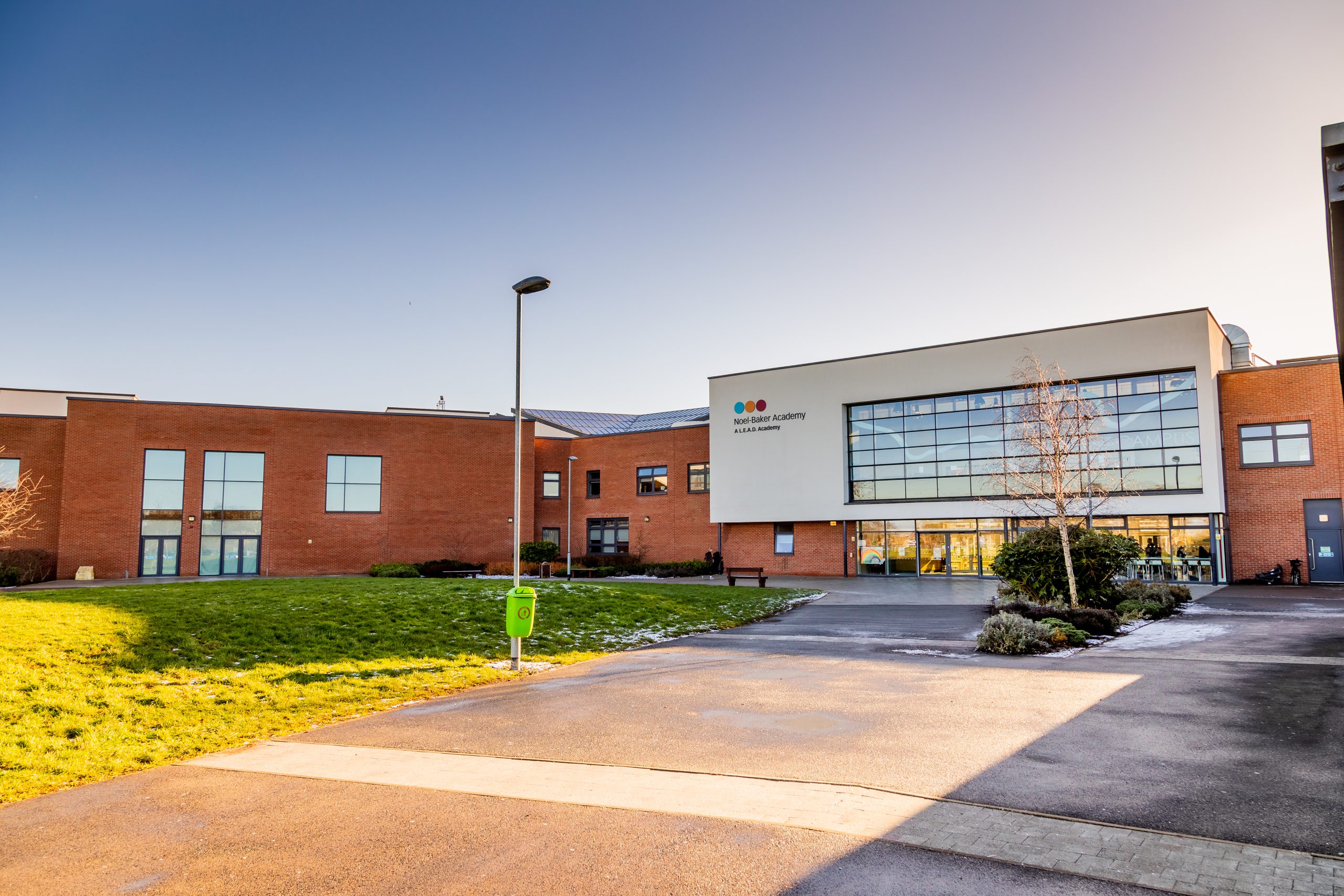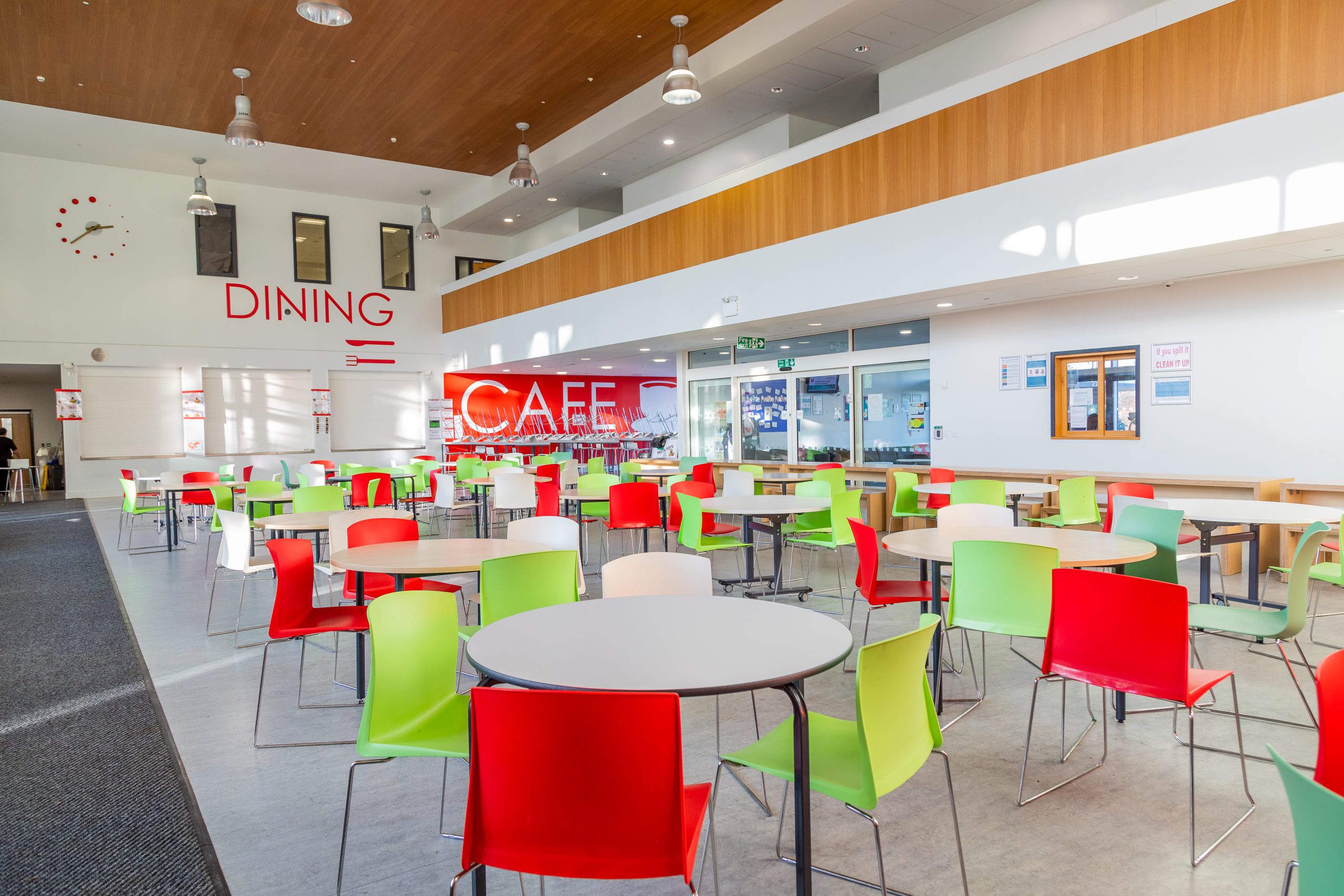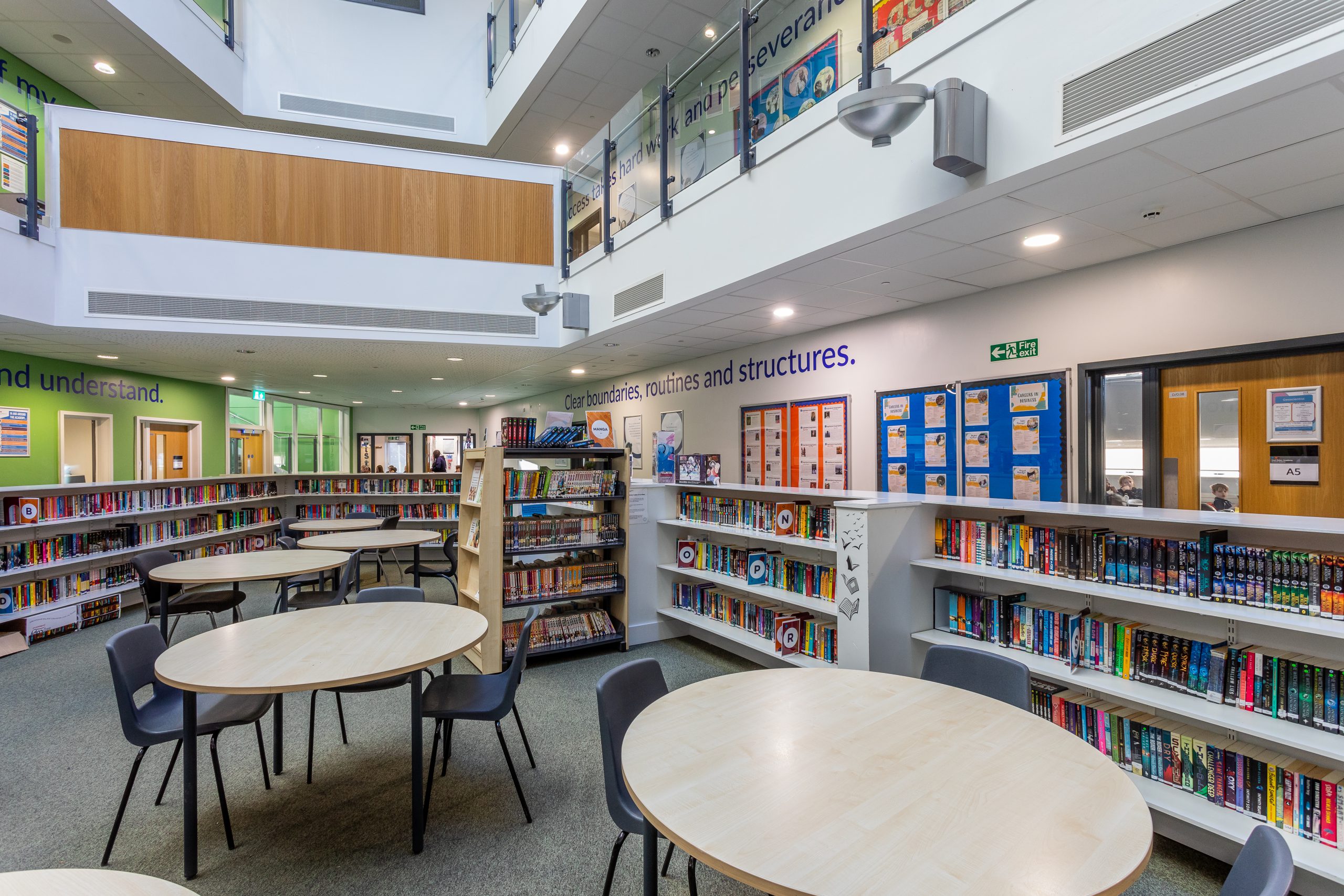Guided Curriculum Choices
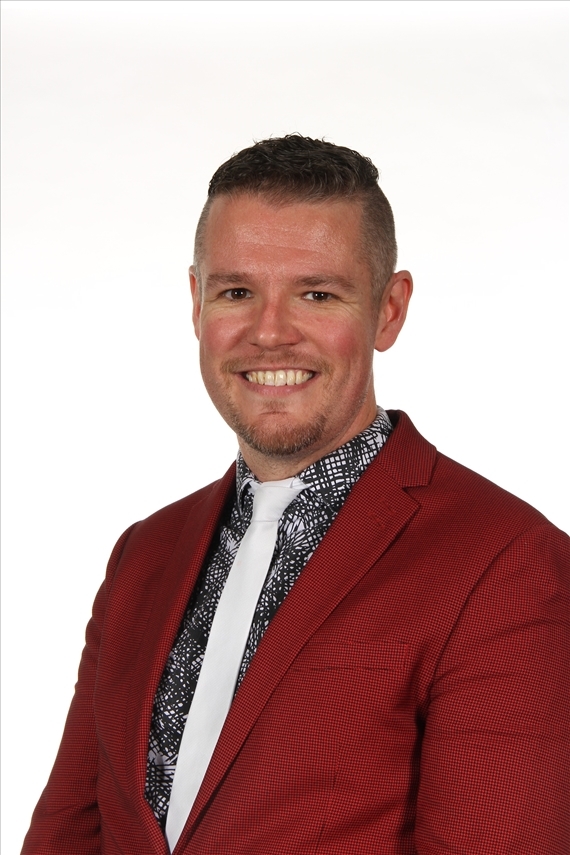
Welcome to the Noel-Baker Year 9 Options page. Below are the two different pathways available as well as information on each of the subjects and some frequently asked questions to help you. If you have any queries about your options please contact us on [email protected]
Mr Oliver
A General Certificate in Secondary Education (GCSE) is the culmination of all your hard work in from primary and secondary school. As well as giving you useful skills and knowledge in themselves, GCSEs are an important steppingstone if you want to get a job or continue studying. Most employers and colleges ask for candidates to have at least five GCSEs, so they will come in useful, whatever you choose to do.
In year 9, you can select some of the subjects you would like to study in years 10 and 11. This is called choosing your guided curriculum pathway.
Everyone must study Maths, English, Triple Science and, depending on their pathway, a selection from French, Geography and History, at GCSE-level.
The other subjects you can take are detailed below, including some you will not have studied before.
Why does it matter?
You’ll be studying the subjects you choose for the next two years, and it’s no fun being stuck with one you don’t really like. It’s also worth looking ahead as decisions you make now may narrow your choices later. What do want to do after year 11? Can this help you decide which subjects to choose?
Sometimes you need a GCSE in a subject in order to study it at A-level or equivalent. In the same way, university courses have set entry requirements and often require certain subjects at A-level. Check carefully as this is not always the case and you can start some subjects from scratch, both at A-level and university.
Who can help?
- Talk to a range of people to get different views.
- Ask your subject teachers, form tutor, or careers teachers for advice.
- Speak to your parents, carers or relatives.
- Watch the videos from each of the subject leaders, even on subjects that are compulsory.
- Make appointments to speak to subject leads to find out more including whether you will be suitable for that subject.
- Read the booklet containing all this information here.
What to think about
- Take time to think things through.
- Consider which subjects you are good at, are interested in or enjoy.
- Look at the way courses are marked. If you don’t like exams, you may prefer some subjects which include coursework, such as art or drama.
- Choosing a balance of subjects may help to keep your future options open.
- If you’re trying to choose between two subjects, think about how each option fits with your other GCSEs. Does a subject go well with your other choices? Or does a subject provide a welcome change? If you’re taking lots of essay-based subjects, it can be nice to include one choice with a more practical focus.


